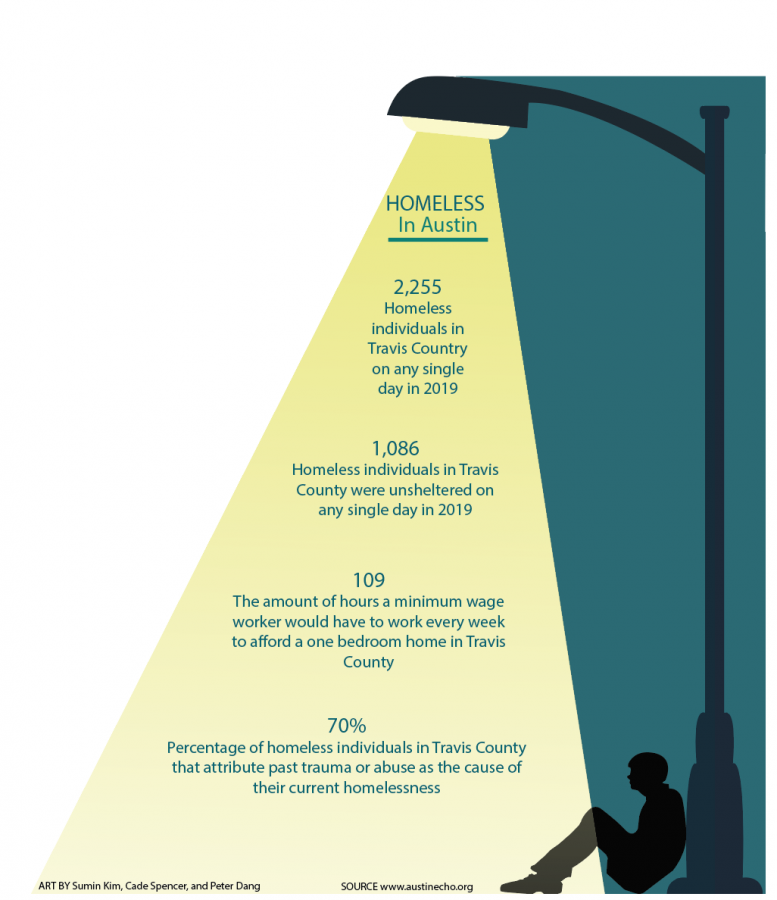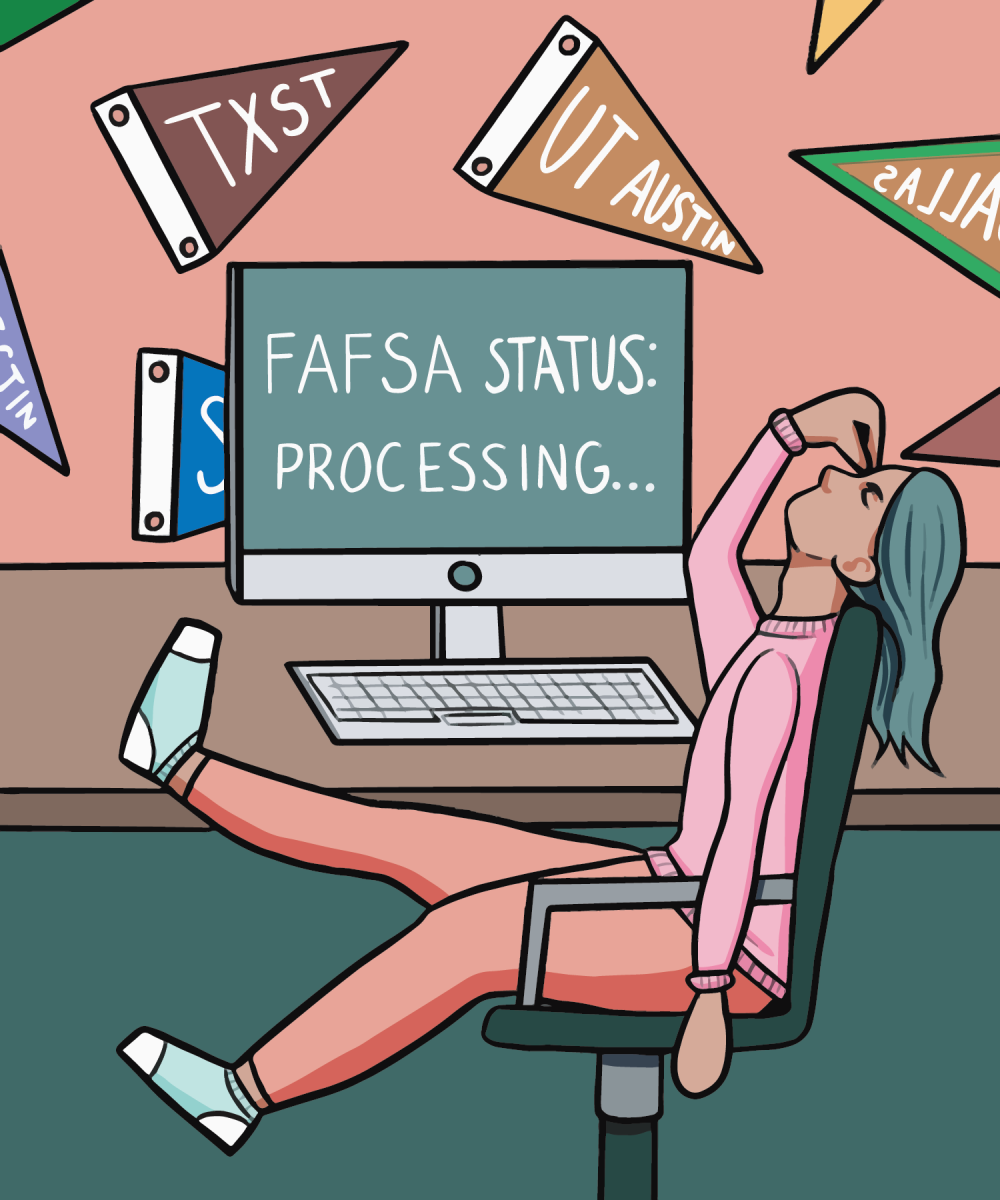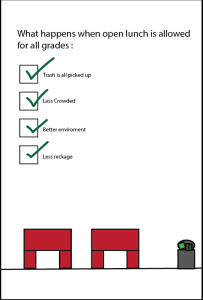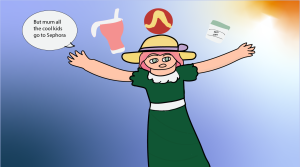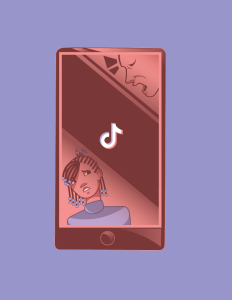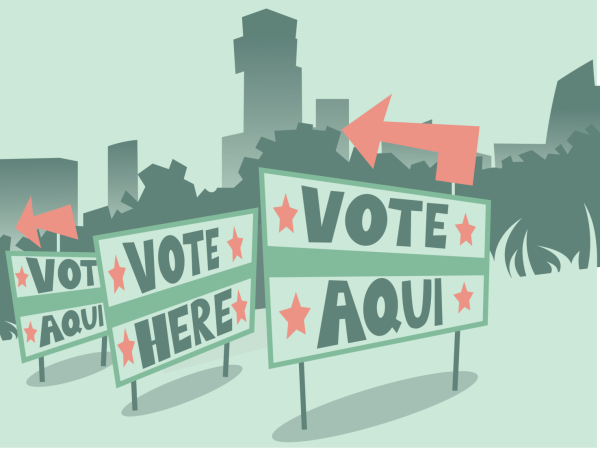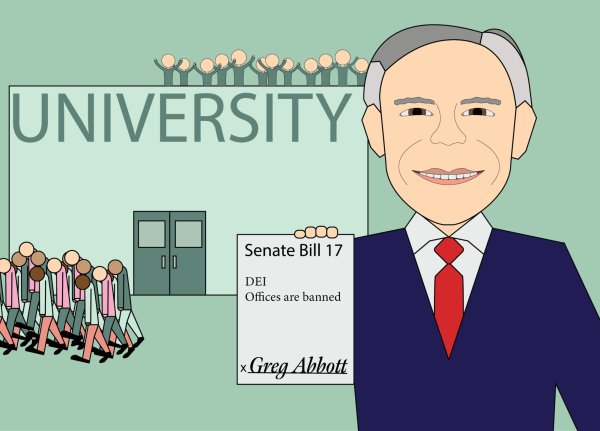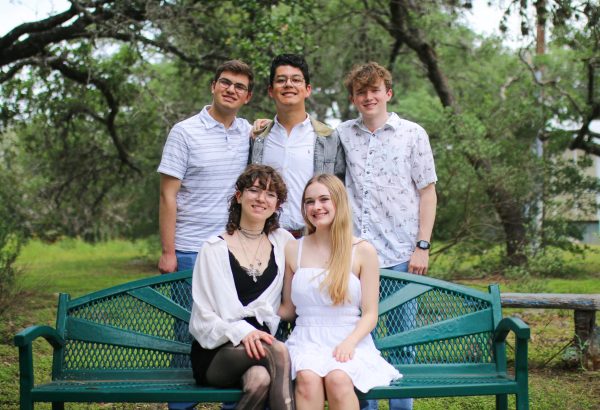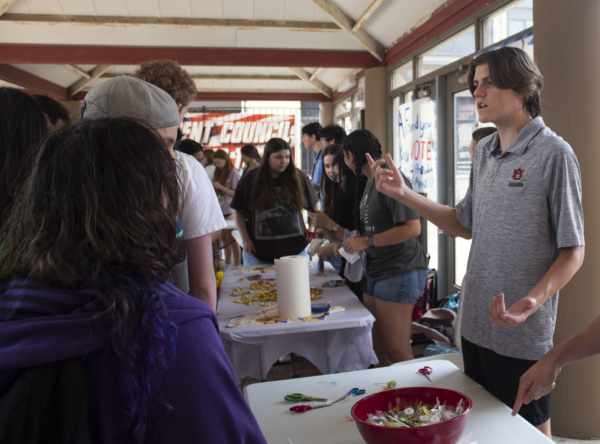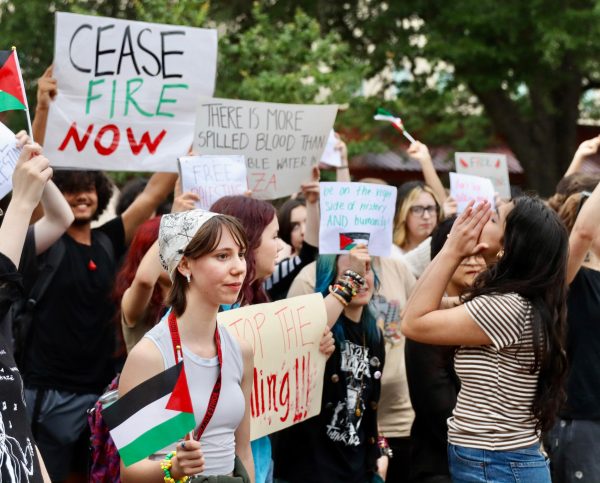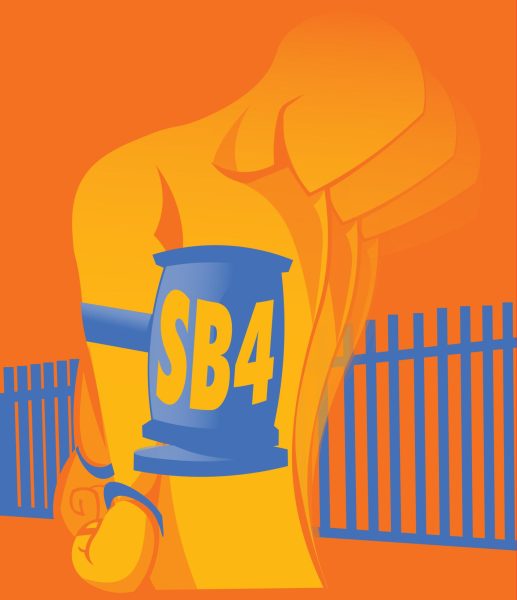Citizens debate how to solve the homeless crisis
After two stabbings involving homeless individuals in Austin, the controversy around the homelessness crisis has entered the mainstream again. In early January, a homeless man went on a stabbing spree, leaving one dead and three injured.
February 19, 2020
After two stabbings involving homeless individuals in Austin, the controversy around the homelessness crisis has entered the mainstream again. In early January, a homeless man went on a stabbing spree, leaving one dead and three injured. Later that month, a homeless woman stabbed five people at 6th Street. In October last year, Texas Governor Greg Abbott threatened to intervene if the city did not make improvements to the homeless crisis by Nov. 1.
Since then, Abbott has directed the Texas Department of Transportation to conduct weekly cleanups under highways in Austin. Abbott’s response has varied from that of the City Council, who lifted a ban on camping in public areas much to the governor’s dismay. In October, the council revised the plan and placed a ban on camping on sidewalks. However, sitting and lying down is still allowed in public areas.
“Getting rid of the camping ban and bringing it back has caused a lot of confusion downtown,” social studies teacher Charles Stampley said. “They tried to buy a hotel in South Austin to use that for a homeless shelter, but that deal fell through because the people that live around the hotel didn’t want [the shelter] in their neighborhood.”
As sophomore Duren Wilson observes the increasing amount of homeless camps around Austin, he feels concerned for his safety.
“Homelessness has made me feel insecure about the safety of me and my loved ones,” Wilson said. “Due to the recent spike in attacks by homeless people, I worry about my family. My sister goes to Ann Richards, which has a very large homeless camp right next to it.”
The solutions to help fix the homelessness problem in Austin vary substantially, with some people preferring more government involvement and some wanting less.
“I think that homeless people should be given all the assistance that they need,” freshman Hunter Benson said. “It would be ideal if the homeless would be given a home and basic necessities by the government, however, I think that is unlikely to happen anytime soon.”
A 2015 assessment by the U.S. Department of Housing and Urban Development found that 45% of homeless people were dealing with some mental illness.
“The city needs to try to find housing, but it isn’t more of a city problem, it’s a nation-wide problem, and we don’t take care of our vulnerable people enough,” Stampley said. “Especially mental health. When you were mentally ill at one time, you could stay in the hospital for a longer period of time until you got stabilized on your medications and now, what they do is they put people in the hospital for a week and put them back out so there’s no place for them to go.”
The most visible homeless populations are ones who camp in public spaces, they are typically chronically homeless. Other people experience vehicular homelessness where they sleep in their car. Other types include episodic homelessness where people frequently go in and out homelessness, and transitional homelessness, the most common type, is where people are homeless once for a short period before finding stable housing, according to the National Coalition for the Homeless.
“One of our family friends has been homeless for the past couple of years,” Benson said. “Soon, we will also start to volunteer to help homeless people.”
Community First Village is an organization that uses volunteers to provide sustainable residency to the local homeless population.
“I think there are great organizations in Austin that are doing a good job of handling the homeless crisis,” sophomore McKenna Couch said. “I know of an organization called Community First that is a community that provides housing, food, employment and other basic necessities for homeless people. This is already helping the homeless crisis and will just continue to improve it.”



